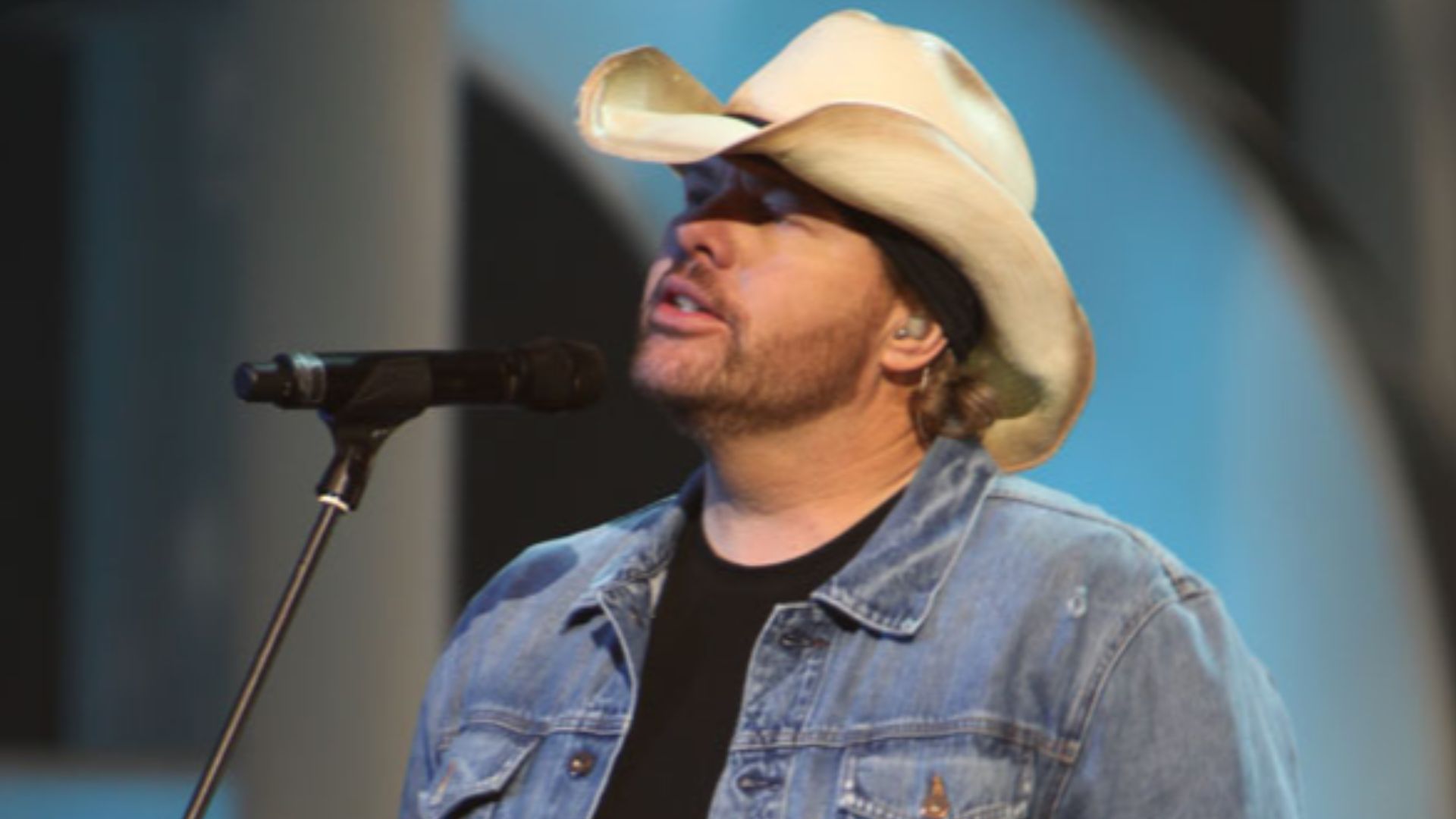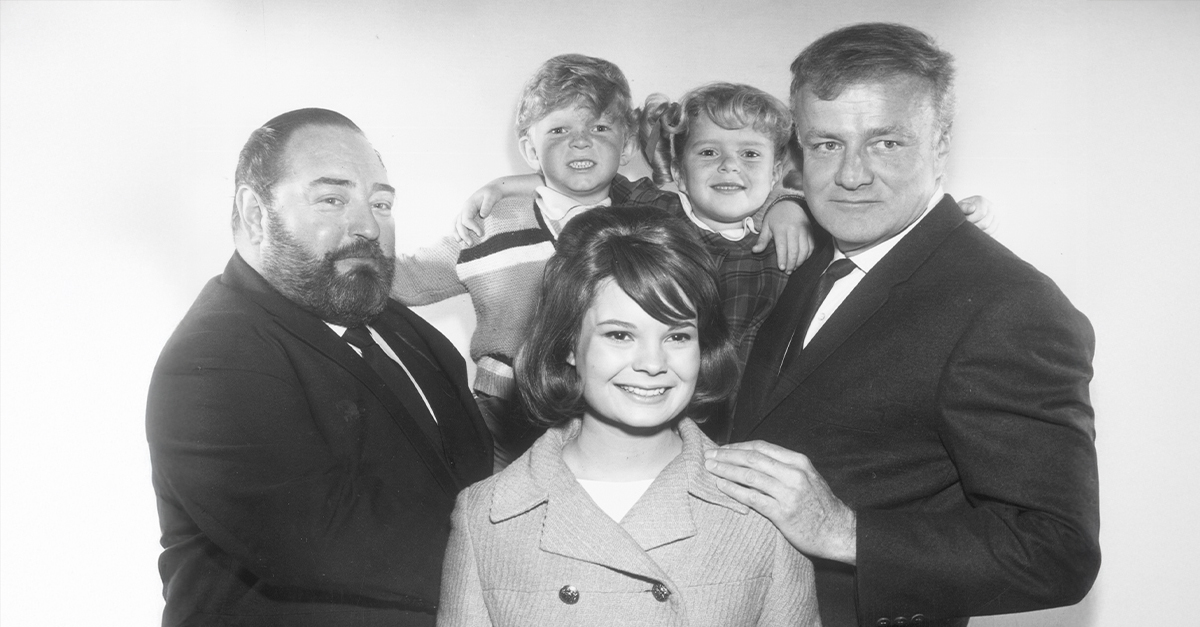From Oklahoma Roots To Nashville Dreams
Toby Keith Covel was born in Clinton, Oklahoma, in 1961 and raised in the small town of Moore. The son of an oil-field worker, Keith learned about hard work at a young age. Music was always a big part of his family gatherings, and by the time he was in high school he was already writing songs and dreaming of a country music life far beyond the oil rigs.
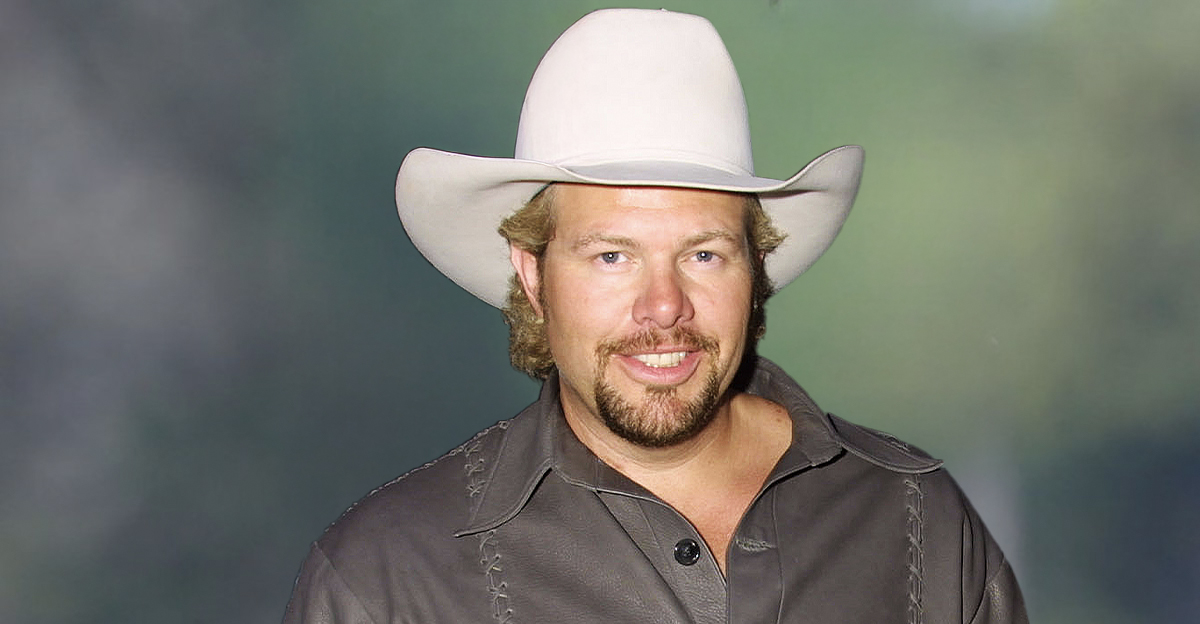
Life On The Oil Fields And Barroom Stages
Before he came to fame, Keith worked as a roughneck on oil rigs while fronting a local band called the Easy Money Band. He played the roadhouses and fairs of Oklahoma and Texas, balancing long shifts in the field with late nights under the stage lights. He led a dual life that taught him perseverance and pride in blue-collar grit.
The Breakthrough That Nearly Didn’t Happen
Keith’s early demos were rejected time after time in Nashville; for years he played to small crowds while his friends urged him to hang up his guitar and call it quits. But Keith would have none of it. Then one of his demo tapes finally reached the welcoming ears of a Mercury Records executive via a flight attendant who was a fan; suddenly, in 1993, Toby Keith’s first single “Should’ve Been a Cowboy” was a nationwide country hit.
 Spc. Aaron Rosencrans, Wikimedia Commons
Spc. Aaron Rosencrans, Wikimedia Commons
“Should’ve Been a Cowboy”: A Statement of Style
That debut hit was a radio success, but it was also something more: it was a statement making move that showed Toby Keith had arrived on the American scene. Keith’s drawl, humor, and swagger captured small-town American confidence with its authenticity. The song topped the charts and became the most-played country track of the 90s, introducing a star whose blend of sincerity and bravado would influence country music for decades.
Balancing Commercial And Personal Songs
Keith’s early albums: Boomtown (1994), Blue Moon (1996), and Dream Walkin’ (1997) showed a maturing songwriter. He could deliver the obligatory barroom anthems and tender ballads with equal versatility. While a lot of people pegged him as a macho performer, his best work reflected a vulnerability that his true fans couldn’t miss: the tension between ambition, family, and small-town values that resonated with millions.
 Screenshot from Dream Walkin’, Mercury (1998)
Screenshot from Dream Walkin’, Mercury (1998)
Patriotism And “Courtesy of the Red, White and Blue”
After 9/11, Keith wrote one of his most controversial songs: “Courtesy of the Red, White and Blue (The Angry American).” Written in grief and fury after his father’s recent death and the September 11 attacks, it divided critics but struck a deep chord with Americans seeking some sort of defiance to rally around. It cemented his image as a flag-waving patriot who meant every word he said.
 Spc. Aaron Rosencrans, Wikimedia Commons
Spc. Aaron Rosencrans, Wikimedia Commons
Feuds, Freedom, and Outspokenness
Keith’s blunt manner led to feuds, most famously with the Dixie Chicks, who left no doubt that they didn’t appreciate having him around after his post-9/11 imagery. He refused to give an inch, arguing that country artists shouldn’t hide their patriotism. Whether admired or disliked, he remained unapologetically himself, wearing with honest pride the rugged independence that made him both polarizing and authentic.
 SPC Laura M. Bigenho, USA, Wikimedia Commons
SPC Laura M. Bigenho, USA, Wikimedia Commons
A Songwriter With A Broad Heart
Beyond politics, the world of music went on. Keith showed himself to be a songwriter of surprising emotional range. Tracks like “You Shouldn’t Kiss Me Like This,” “Who’s That Man,” and “Cryin’ for Me (Wayman’s Song)” revealed the tenderness beneath the bravado. He wrote from the heart about personal loss and loyalty, offering a glimpse of a complex man who felt deeply beneath the rough-cut persona.
 Screenshot from Cryin’ for Me (Wayman’s Song), Show Dog Nashville (2009)
Screenshot from Cryin’ for Me (Wayman’s Song), Show Dog Nashville (2009)
The Businessman Behind The Microphone
Keith was a performer, but many don’t know that he was also a successful entrepreneur. He co-founded the Show Dog record label and the Toby Keith’s I Love This Bar & Grill restaurant chain. When it came to his music, he championed creative ownership, insisting on controlling his catalog and building a multimillion-dollar empire on his own terms.
 David Shane, Wikimedia Commons
David Shane, Wikimedia Commons
Love, Marriage, And Family Life
In 1984, he married Tricia Lucus, and the two raised three children together. Their enduring relationship became an anchor for Keith through the at times chaotic life of a famous country singer. Keith often credited Tricia’s patience and loyalty for his stability, calling her his “North Star.” Unlike many in Nashville, he kept his personal life private and steadfast for almost four decades.
The Private Man Behind The Public Image
Away from the spotlight, Keith was known for his warmth, generosity, and humor. Friends described him as fiercely loyal and quick to help struggling musicians. He also quietly funded cancer charities and children’s hospitals long before he received his own diagnosis.
He Shared News That Shook His Fans
In 2022, Keith revealed he had been battling stomach cancer for months. As was his habit, he spoke plainly, saying that he was stepping back from touring to focus on trying to make a recovery. His fans flooded social media with support, while his candor showed everyone that toughness sometimes means admitting fear, and facing it head-on.
 MC2 Rebekah Blowers, USN, Wikimedia Commons
MC2 Rebekah Blowers, USN, Wikimedia Commons
Performing Through Pain
Even during his treatment, Keith refused to surrender his stage. He performed limited shows in Las Vegas and Oklahoma, visibly thinner but still with his best grin, guitar in hand. Those performances became legendary among his fans: moments where courage, defiance, and music transcended the illness consuming him, and allowed him to share those complex feelings.
 Senior Airman Steven R. Doty, Wikimedia Commons
Senior Airman Steven R. Doty, Wikimedia Commons
Friends and Fellow Artists Speak Out
Country stars from Blake Shelton to Reba McEntire praised Keith’s endurance and humor. Many credited him for mentoring younger artists and reminding them that authenticity, not looks or slick production, was the true currency of country music.
His Final Message To Fans
Keith’s last public interviews were filled with gratitude. He thanked fans for decades of support and spoke of faith, family, and music as the pillars that carried him through. He said he wanted to be remembered “as a songwriter who told it straight.”
 Gunnery Sgt. Ajiboye Magbagbeola, Wikimedia Commons
Gunnery Sgt. Ajiboye Magbagbeola, Wikimedia Commons
Passing Of An Icon
Toby Keith died on February 5, 2024, at age 62. The news shook the music world. Tributes poured in from across music genres and generations, proof that his influence reached far beyond country radio. He left behind a career of 30 albums, dozens of hits, and a loyal fan base that had taken him as one of their own.
 Staff Sgt. Miles Elder, Wikimedia Commons
Staff Sgt. Miles Elder, Wikimedia Commons
Controversies And Courage
Keith’s outspokenness sometimes clashed with modern Nashville music industry sensibilities, but looking back on it, that’s part of what made him timeless. He stood his ground on issues of patriotism, personal freedom, and artistic control. Critics accused him of excess, of course, but he remained steadfast in his belief that conviction mattered more than image.
Legacy Of Song And Spirit
From honky-tonk staples like “Beer for My Horses” and “I Love This Bar” to introspective tracks like “Don’t Let the Old Man In,” Keith’s catalog traces the full range of the human experience: humor, anger, love, regret, pride. In light of his courageous final battle, the songs have become even more authentic and personal.
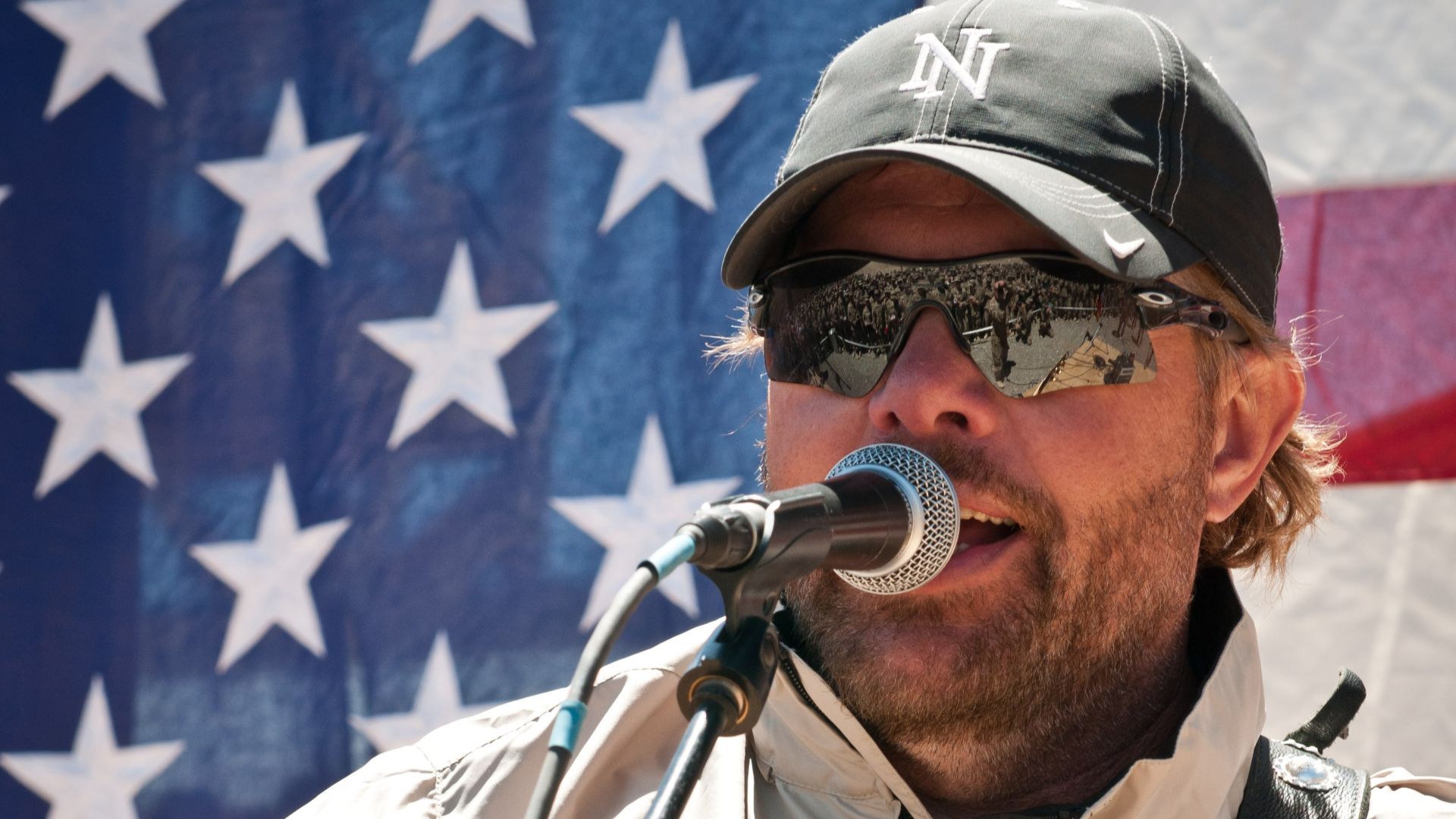 Staff Sgt. Charles Crail, Wikimedia Commons
Staff Sgt. Charles Crail, Wikimedia Commons
The Meaning Of His Final Years
His final years were marked by reflection, but he remained as active as ever. He kept writing, recording, and meeting fans, showing strength and generosity in doing so. Along the way he taught a final lesson in sticking things out to life’s final chorus.
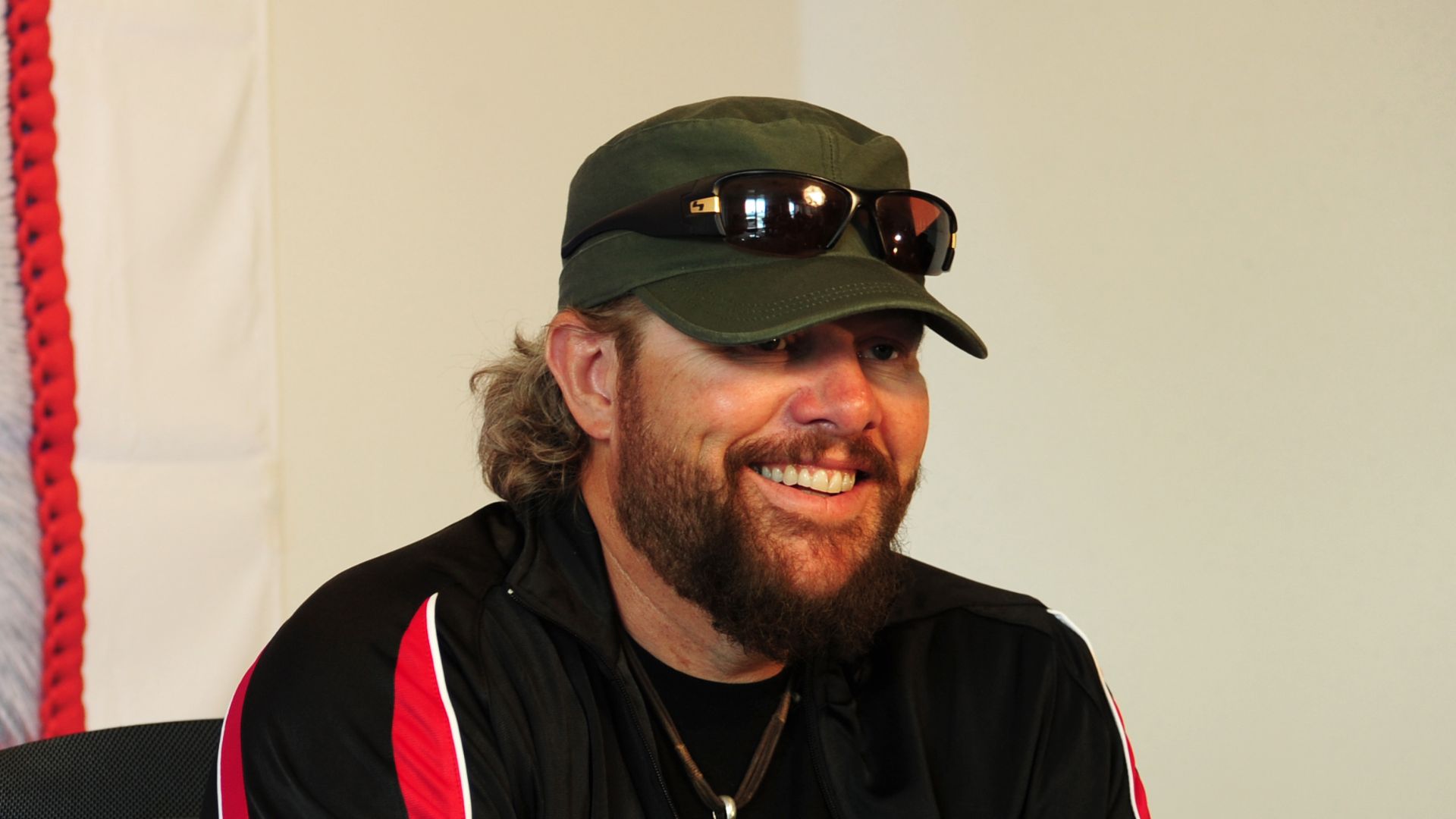 Staff Sgt. Jocelyn Rich, Wikimedia Commons
Staff Sgt. Jocelyn Rich, Wikimedia Commons
A Legend Etched In Country Stone
Toby Keith’s journey from the Oklahoma plains to Nashville stardom embodied the contradictions of country music: rebellious yet sentimental, bold yet humble. In the end, his honesty about illness defined him as much as his songs. Toby showed you don't have to pretend you’re unbreakable to be tough guy; just keep on singing, even if your voice trembles.
 Sgt. Shawn Miller, Wikimedia Commons
Sgt. Shawn Miller, Wikimedia Commons
You May Also Like:
Country Hits That We Should Really Stop Singing, But We Can't




